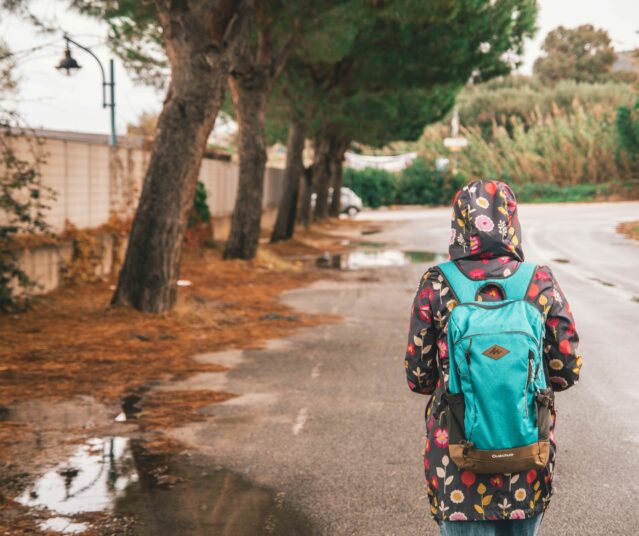
Recent calls to increase the age of criminal responsibility in Australia.
Australia has one of the lowest ages of criminal responsibility in the world. In fact, during 2017-18, there were approximately 1,100 children, aged 10-14, under youth justice supervision on an average day in Australia (Australian Institute of Health and Welfare). In light of these figures, it is important to recognise that the global average age of criminal responsibility is 14 years. In recent years, the United Nations Committee on the Rights of the Child condemned Australia for our legal age of criminal responsibility and the number of children being incarcerated each year (Committee of the Rights of the Child Periodic Report, 2019).
In 2022, the NSW Bar Association renewed calls for the NSW Government to raise the age of criminal responsibility from 10 to 14. Earlier this year, the Victorian government announced that it is committed to raising the age of criminal responsibility from 10 to 12 in 2024.
What is the age of criminal responsibility in NSW?
The age of criminal responsibility has been a contentious issue in Australia in recent years. A child is defined at law as an individual that is over the age of 10 years and under the age of 18 years (section 4 of the Young Offenders Act 1997 (NSW)).
Section 5 of the Children (Criminal Proceedings) Act 1987 (NSW) provides that a child under the age of 10 years cannot be held criminally responsible for their behaviour.
Additionally, the common law presumes that a child above the age of 10 and below the age of 14 years does not possess the necessary knowledge to have criminal intention. This means that the child is presumed incapable of having the necessary mental element to commit a crime due to a lack of understanding of the difference between right and wrong. This is the common law presumption of doli incapax.
This presumption, however, can be rebutted if the Prosecution can demonstrate that the child “knew that it was morally wrong to engage in the conduct that constitutes the physical elements of the offence”.[1] As such, if the principle of doli incapax is successfully rebutted, the child may be able to be found guilty of an offence and can be the subject of criminal penalties, including imprisonment.
Streeton Lawyers represents children of all ages. See our case studies to read more about our success in the Children’s Court.
If your child has been accused of a criminal offence, contact us now to speak to one of our criminal law specialists.
Case Study: RH v DPP [2014] NSWCA 305
A 12-year-old broke into a country fire station with a young girl, and they took a computer belonging to the Rural Fire Service together with several rulers, balloons, and cans of soft drink. He was charged with an offence of aggravated breaking and entering, contrary to section 112(1) of the Crimes Act 1900 (NSW). He was found guilty in the Children’s Court on 6 July 2012. On 10 August 2012, the charge was dismissed, with a caution.
The applicant sought leave to appeal this decision to the Supreme Court of NSW based on error of the Chief Judge in his findings. The issue before the court was whether the 12-year-old boy could be held criminally responsible for his actions, and the correctness of the criminal conviction. Issues that were examined included the boy’s “maturity”, his subjective capacity, and his alleged “attempts to secrete a number of items which he took”. These issues were taken into consideration to conclude whether this influenced that the defendant “knew that it was morally wrong” to engage in this conduct.
The Court held that the appeal should be allowed.
[1] RP v The Queen (2016) 259 CLR 641 at 649 [9].
Photo by Ion Sirbu on Unsplash.